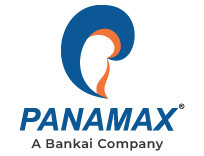Access to conventional banking services has always been difficult in poor countries. In rural and marginalized communities, access to traditional brick-and-mortar bank branches is frequently concentrated in urban centers. However, with the introduction of agency banking solutions, a fresh perspective has developed, promising an answer to this age-old issue. In this blog article, we will look at the agency banking situation as it is in developing countries now and how it is revolutionizing financial inclusion. Moreover, we will also look at the key points that are essential while selecting the right agency banking software solution provider
Understanding the Crux of Agency Banking
Agency banking is a business concept that permits authorized non-bank organizations to carry out basic banking operations on behalf of established financial institutions. With the help of this model, people living in remote locations can apply for loans as well as make deposits and withdrawals from their accounts. Agency banking fills the gap between the underserved community and traditional banking services by utilizing existing infrastructure and extending the reach of financial institutions beyond their physical locations.
Important Stats That Depict Rapid Growth of Agency Banking in Developing Countries
According to Mckinsey’s Global Banking Annual Review, emerging markets’ share in global banking revenue pools will exceed 50 percent by 2025. Multiple statistics that indicate agency banking's rising popularity and effect on financial inclusion show how quickly it is expanding in emerging economies. Here are some noteworthy figures about the expansion of agency banking:
- Since 2022, there are now more agency banking locations across Africa, the Middle East, and Asia.
- Over 25% of all banking transactions currently take place through agencies in Asia, the Middle East, and Africa.
- Agency banking is particularly well-liked in rural areas since it gives residents who live distant from regular banks access to financial services.
- Additionally, agency banking aids in eradicating poverty and injustice in Asia, the Middle East, and Africa.
Agency Banking is a potent tool that can be utilized to boost financial inclusion and economic growth in Asia, the Middle East, and Africa. Agency banking can drastically alter lives and communities as more financial institutions and governments adopt this ground-breaking method of delivering financial services.
Benefits of Agency Banking in Fostering Financial Inclusion in Emerging Markets
The advantages of agency banking for encouraging financial inclusion in emerging nations are as follows:
Increased Access
Agency banking makes financial services more readily available to those who live in isolated and underserved locations. Financial organizations can create touchpoints in places where opening conventional bank branches is logistically or economically difficult by utilizing a network of agents.
Better Financial Literacy
Financial literacy is improved by agency banking because agents can inform clients about financial services and products. Customers may benefit from this in making wise financial decisions.
Increased Trust and Familiarity
Agency banking helps reduce this trust gap by forging connections between clients and neighborhood representatives. People who may be hesitant to work with larger financial organizations are more confident thanks to the localized approach to banking.
Financial Literacy and Inclusion Programmes
Many emerging market agency banking initiatives in areas of Africa, the Middle East, etc financial literacy and inclusion programs are present. Agents frequently play a vital role in informing clients about the advantages of formal financial services, encouraging saving practices, outlining transactional procedures, and offering advice on prudent money management.
Economic Growth Catalyst
The availability of banking services through agency banking can promote economic expansion in developing nations. People can invest in income-generating activities, grow their enterprises, and improve their financial management by having easier access to credit, savings, and other financial services. In turn, this promotes economic growth at the individual, local, and global levels.
What Will be the Future of Agency Banking in Emerging Economies?
Here are some of the trends that are shaping the future of agency banking in emerging economies:
The Rise of Mobile Money
Using their mobile phones, consumers may send money, make payments, and access other financial services using mobile money, a digital financial service. In many emerging nations, mobile money is already widely used, and in the years to come, it is anticipated to gain much more traction. Given that agents can be utilized to spread mobile money services, this rise will open new prospects for agency banking.
Growth of the Digital Economy
In emerging economies, the digital economy is expanding quickly. This increase is being fuelled by several developments, including the development of e-commerce, the rising popularity of social media, and the expansion of broadband internet access. Agency banking can help meet the increased demand for financial services that the digital economy will bring about.
The Necessity of Financial Inclusion
Many governments in emerging economies have financial inclusion as one of their top priorities. The ability of people to access and use financial services is referred to as financial inclusion. By offering banking services to people who reside in remote areas or do not have access to conventional bank branches, agency banking can contribute to the growth of financial inclusion.
In general, technology, collaboration, regulatory backing, data analytics, expanded service offerings, and agent capacity growth are anticipated to be the main forces behind agency banking in emerging economies. Together, these elements can support greater financial inclusion, economic expansion, and better living conditions for marginalized groups in emerging nations.
Challenges and Solutions in Agency Banking in Developing Nations
While agency banking has demonstrated significant promise in fostering financial inclusion in developing countries, it also has several difficulties. It is essential to overcome these obstacles if agency banking is to continue to grow and function effectively. Here are some pressing issues and potential answers for the future:
Managing Agent Liquidity
Challenge
It can be difficult to maintain sufficient liquidity at agent sites, particularly in places with poor access to banking infrastructure or a cash supply.
Solutions
Moving ahead to build efficient cash management systems, cooperation between financial institutions, mobile money providers, and agents is recommended. This could entail utilizing digital payment methods, monitoring agent liquidity in real time, and developing agent networks that facilitate liquidity sharing.
Framework for Regulation and Compliance
Challenge
It can be difficult to create adequate regulatory frameworks that strike a balance between agent oversight, consumer protection, and technical improvements.
Way Forward
To build strong regulatory frameworks that promote innovation while defending consumer interests, governments and regulators should collaborate closely with financial institutions and industry partners. To handle new difficulties and promote best practices, this may entail regular reviews and updates of rules, cooperation amongst regulatory agencies, and industry consultations.
Long-Term Viability and Sustainability
Challenge
For sustained expansion and ongoing financial inclusion, agency banking models must be made long-term viable.
Solutions
Financial institutions should concentrate on developing agency banking business models that take agent profitability, transaction costs, and revenue sharing into account. Agents can stay competitive and encourage client acceptance by implementing ongoing innovation, technological advancements, and product diversification. The feasibility and durability of agency banking efforts can also be improved through collaborations with cooperatives, microfinance institutions, and community-based organizations.
Exceptional Agency Banking Solutions to Expand Your Business
By establishing a strong agent network to serve the rural and unbanked people, we create an exquisite Agency Banking solution that enables banks and financial institutions to avoid spending money on physical branches. The platform's user-friendly interface allows for numerous agent registrations. Connect with our experienced professionals to leverage our agency banking platform as it can manage service-related license and regulatory compliances, operating services, marketing, branding, and cash handling.



















